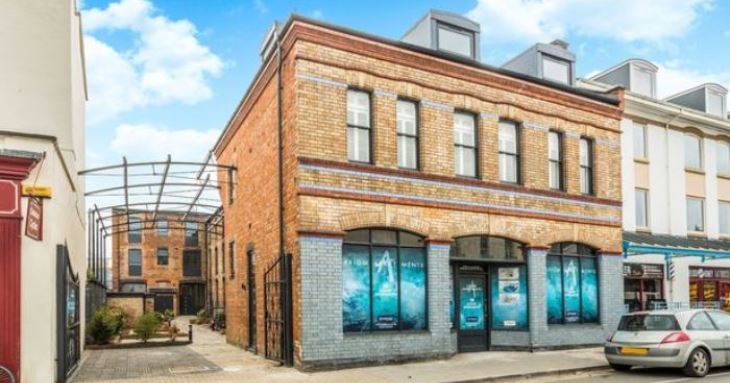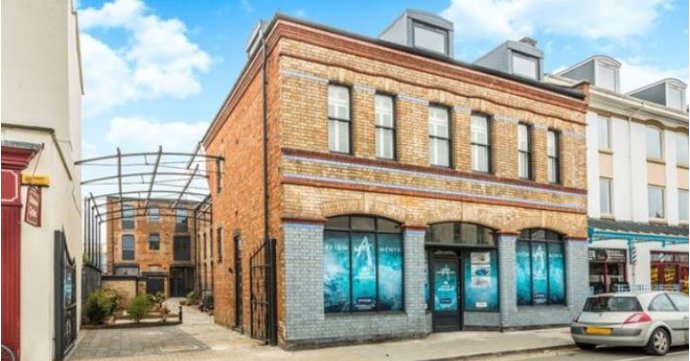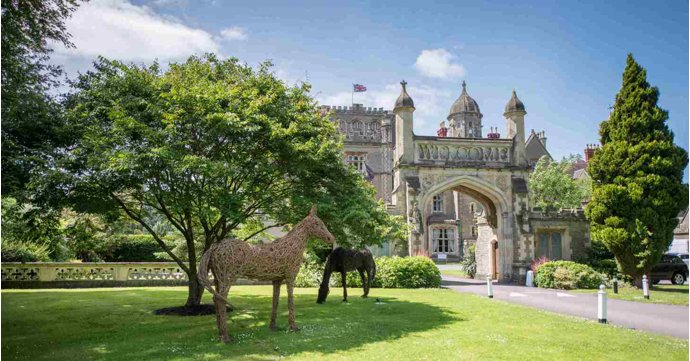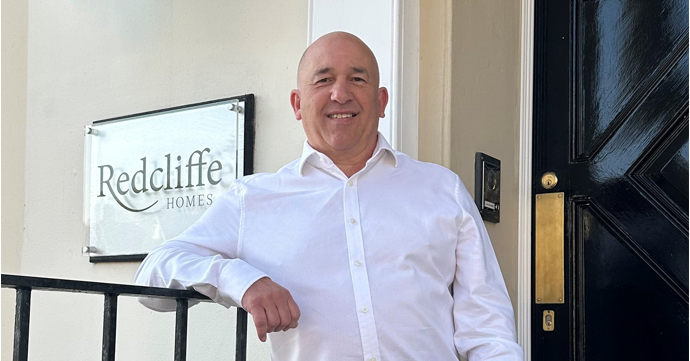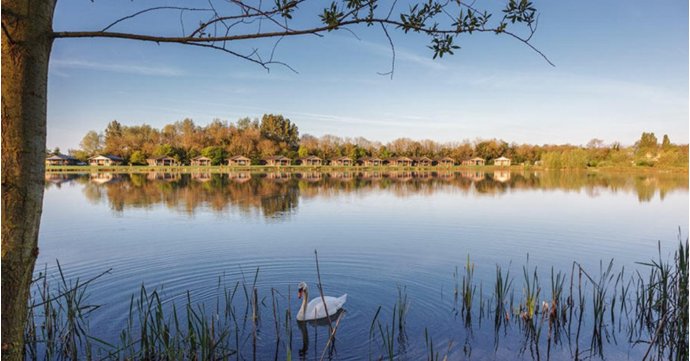Speculation-a-plenty has surrounded the property sector from the outset of the pandemic – from ‘what does home working mean for our office and commercial spaces?’ and ‘what will happen to our high streets?’, to ‘what does it mean for our city and town centres?’
Who better to provide some clarity about where we are in Gloucestershire and beyond than someone whose specialist legal advice has been making possible the kinds of deals that continue to make the commercial property sector so important?
About the expert – Imdaad Sulaiman, partner and co-founder of Converse Law

Imdaad Sulaiman assists in the acquisition and disposal of assets for property investors, as well as securing sites for developers to produce and sell quality residential dwellings.
He helps businesses get their hands on the right premises to trade from successfully and has particular expertise working with retailers and hospitality companies which are seeking to expand their reach and broaden their customer base.
Since founding Converse Law in 2015, with business partner Richard Spencer, the firm has continued to grow, not just in reputation, but also its expertise in providing a broad range of business-focused legal services – from all things commercial property, including property finance and peer-to-peer lending on property development, to commercial contracts, dispute resolution and litigation, and intellectual property.
Converse Law has established a reputation in Gloucestershire and beyond. What changes have you seen in your area of expertise with the arrival of Covid-19?
I would say that for the first three months (Lockdown Part One) both clients and lawyers on the other end of property deals naturally took a breather when it came to progressing and concluding transactions.
There was a bit of a lull, understandably, in the usual frenetic activity associated with both property investment and property development transaction.
That did not last for long!
From June 2020 onwards we have been fortunate enough to be extremely busy, which seems to be indicative of the fact that (once the initial dust had settled), pandemic or no pandemic, people want to buy and sell or deal with property and they want it done in a timely fashion.
It is no secret the pandemic saw the nation rush to homeworking. Can you sum up the kind of speculation that followed about commercial property and property generally as a result?
The immediate reaction was that homeworking signified an end to office space.
The real estate press was full of anecdotes and analysis of how England’s city centres were set to change with swathes of once bustling office hotspots becoming more like ghost towns.
City firms were pretty much abandoning ship and looking for ways to convince landlords to either let them out of long and financially arduous leases, or to reduce their office footprint and as a result their rental commitments.
Certainly, in our building here at Formal House in Cheltenham, there was almost a mass exodus of the tenants. That said, myself and one other colleague thought it was just as safe to be in the building as there was no one else with us!
Prior to the pandemic, there had always been some form of reticence towards the concept of homeworking – partly due to the logistics of setting people up so they could safely work from home and still provide their meaningful functions from a business point of view.
Covid-19 forced us all just to get on with it, because that was the law and what was required to kick-start a robust defence against this virus.
However, the knock-on effect meant people or businesses owning freehold office blocks were naturally anxious about how they would be meeting their own financial obligations, but having either no or a reduced rental income to help meet them.
What is your experience on the ground here in Gloucestershire and have you been surprised by what you have seen in the sector so far?
During Lockdown One, pretty much everyone was working from home- walking to and from work there wasn’t a ‘sinner’ on the roads or the footpaths.
With the easing of the restrictions last summer and leading up to Christmas, this naturally changed.
However, our own building was and still is relatively empty, sometimes with no more than a maximum of 10 people in the whole building across all businesses registered as tenants.
The current Lockdown Part Three has surprised me with the large number of cars and people generally around during business hours.
My take is that notwithstanding that people may have initially enjoyed the homeworking environment, there is a human desire to have contact with people even in the workplace, bearing in mind that social interaction is still heavily restricted – but hopefully not for much longer!
You help secure sites for developers, sell quality residential dwellings, and have a particular expertise working with retailers and hospitality businesses. What are your observations?
• There is an appetite for developers acquiring sites and selling completed developments to affordable housing providers as opposed to the usual form of selling on the open market.
That being said, the continued SDLT (Stamp Duty Land Tax) holiday has spurred developers on to try and build out their units to accommodate those open market purchasers who want quick transactions to take advantage of the stamp duty holiday relief.
• In the hospitality trade some existing businesses are bucking the trend by expanding their locations, as well as some new hospitality ventures (coffee shops restaurants etc) looking to open premises – I imagine to take advantage of us punters with an appetite to get back to pre-Covid days of enjoying tea and cake or wining and dining.
I believe, and have seen in the negotiations between agents leading up to the start of a transaction, that tenants are securing advantageous initial rental terms with their landlords.
This gives tenants time and money to fit out their premises and build a profit base during the early stages of their tenancy.
Where are the clients coming from and has what they want changed?
Since Converse Law began, our client base has always been both inside and outside of the county, though from my personal perspective I am getting more local work ranging from acquiring developers to people selling their properties as well as new commercial tenant instructions.
Gloucestershire has a huge variety of both property and businesses here. Is the county well-placed to continue to develop and recover from the pandemic?
Gloucestershire is well-placed to develop and recover on the basis that it has always been a county where businesses thrive – no matter how big or small.
There is a continued sense of camaraderie amongst the county’s business folk which I think has been testament to its journey on the road to recovery and prosperity during the course of the past 12 months.


